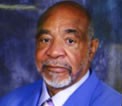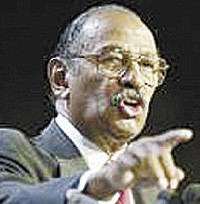Clayborn Temple, Mason Temple, the Sterick Building, and the airport could each receive more than $1 million in federal funding this year, U.S. Rep. Steve Cohen (D-Memphis) announced Thursday.
Cohen said more than $18.8 million have been appropriated for several Memphis-area projects recently, though, the money would need Congressional approval before it flows.
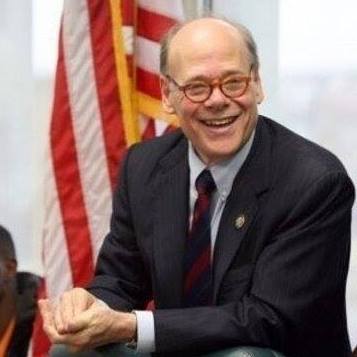
The budget earmarks came from approval in the the Transportation and Housing and Urban Development (THUD), Commerce Justice, Science and Related Agencies (CJS), and in the Homeland Security subcommittees.
“Memphis and the 9th District are doing particularly well in this year’s appropriations process,” Cohen said in a statement. “I am pleased to see my requests for the restoration of historic buildings approved, and the investments in police and public safety will help protect our community.
“This is early in the process and these projects must still pass on the House floor and in the Senate before being signed into law, but I am encouraged with the progress so far.”
Clayborn Temple

Clayborn Temple burned to the ground in April. Investigators ruled the fire an act of arson. In late May, officials said they identified a person of interest in the case. As of yet, however, no arrest has been made.
Clayborn leaders promised to rebuild. The Community Foundation of Greater Memphis launched the “Reimagine Clayborn Fund” in May. The African American Cultural Heritage Action Fund, Mellon Foundation, and Ford Foundation committed a total of $1.5 million to the fund that month.
Cohen announced Thursday the federal government could grant the project more than $3.1 million.
Mason Temple

Less is known about the restoration project for the historic Mason Temple. However, the church south of Crump could get $1.2 million from Congress for ”restoration, rehabilitation, and technology system upgrade to the historic site.”
In a letter to the Appropriations Committee, Cohen said, ”It is an appropriate use of taxpayer money because maintaining the historical landmark, which draws thousands of tourists to the Memphis Downtown area each year, will help to increase economic development.”
The church is where Dr. Martin Luther King delivered his famous “Mountaintop” speech the night before he was assassinated.
The Sterick Building

In 2023, Stuart Harris, principal of Constellation Properties, announced that his team closed on the purchase of Downtown’s historic Sterick Building.
The 340,000-square-foot, 29-story skyscraper was built in 1929, and was added to the National Register of Historic Places in 1978. However, the building has stood vacant since 1986. Previously, the idea of a purchase had been complicated, owing to a ground lease that had considered the building separate from the land it sits on. But the new agreement resolves that issue, allowing for future plans of a full redevelopment to begin taking shape.
Cohen said the feds could contribute $1.2 million to the project. The building, he said, ”was one of the tallest buildings in the South before being abandoned and becoming one of Memphis’ largest blighted structures.”
Memphis International Airport (MEM)

MEM’s $700 million modernization and seismic project could get a $4.2 million boost from Congress, should the earmarks remain. The funding was requested by Cohen and U.S. Rep. David Kustoff (R-Memphis).
Here are some more Memphis projects that could get federal funds in this year’s budget:
Covenant Gardens Senior Apartments: $1 million
The funding would be used to build 103 units of affordable housing for lower-income seniors.
Monroe Plaza and extended pedestrian infrastructure improvements: $850,000
The funding would be used to convert an underutilized street into a new Downtown plaza.
Electrical Infrastructure Upgrades at Montgomery Plaza: $850,000
The funding for the Memphis Housing Authority will be used to upgrade the existing electrical infrastructure.
University of Memphis Park Avenue Campus Upgrades: $850,000
Funds would be used to replace the water and sewer lines, repave and restripe for long term use and pedestrian and vehicle safety on the Park Avenue Campus.
Memphis Community Engagement Youth Facility Renovation and Vulnerable Family Housing Project: $850,000
Funds will be used to renovate community facilities serving at-risk youth and provide additional housing for vulnerable families experiencing homelessness. The city will work in collaboration with The Boys and Girls Club of Greater Memphis and Hospitality Hub.
Memphis Homeless Veterans Homes Renovation Project: $250,000
The funding will be used for renovations to support homeless veterans’ housing. The city will work in collaboration with Alpha Omega Veterans.
Reimagining Southwest Tennessee Community College Renovations Project: $250,000
The funding will be used to renovate and modernize key facilities on the campus.
Memphis Police Department Equipment Upgrades Project: $1 million
The funding would be used to make critical software improvements to keep the Memphis Police Department aligned with best practices in public safety, utilizing predictive policing and data-driven operations.
Enhancing Shelby County District Attorney’s Victims/Witness Unit and Data Collection Services: $1 million
The funding would be used to enhance the victim/witness services program and support digital forensics to recover, analyze and preserve electronic data.
Community Project Funding for City of Memphis Youth Violence Prevention Initiative: $1 million
The funding would be used to expand to a second location in South Memphis and increase services to youth and families to disrupt the pipeline to prison. The city plans to work with the community organizations Heal 901 and Pure Academy.
Shelby County Emergency Operations Center: $1 million
The funding would be used to construct a new emergency operations center that will serve all seven municipalities of Shelby County.


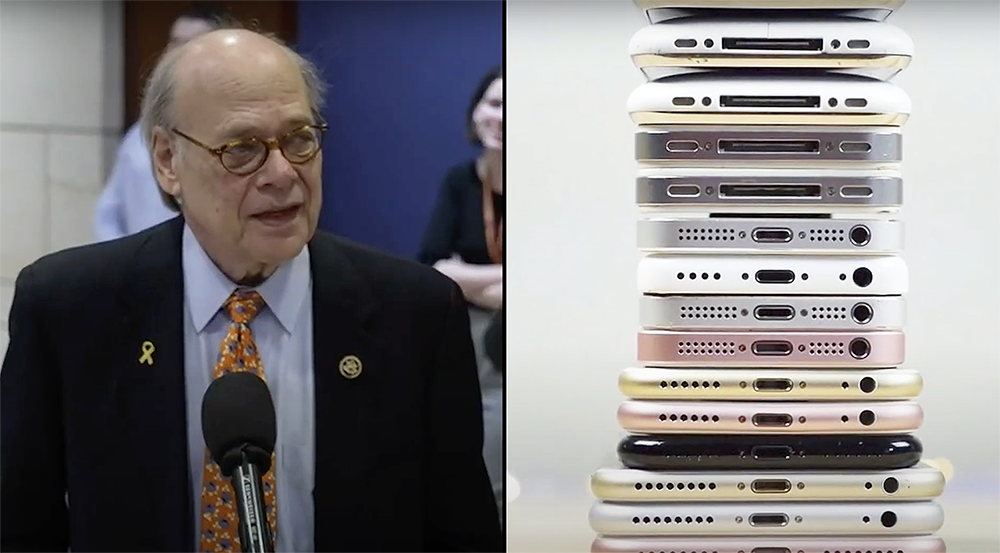

 Jackson Baker
Jackson Baker  Jackson Baker
Jackson Baker  Jackson Baker
Jackson Baker  Jackson Baker
Jackson Baker  Jackson Baker
Jackson Baker  Jackson Baker
Jackson Baker  Jackson Baker
Jackson Baker 

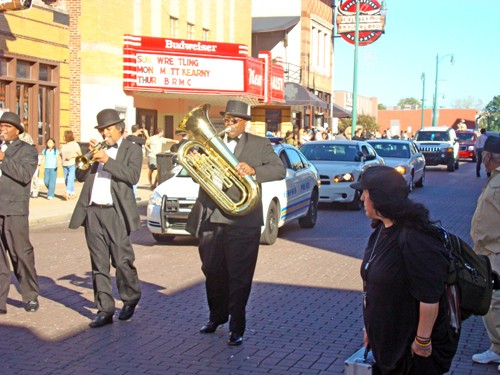 jb
jb 